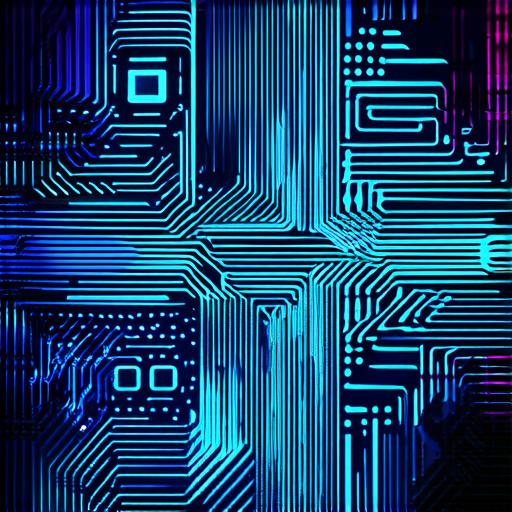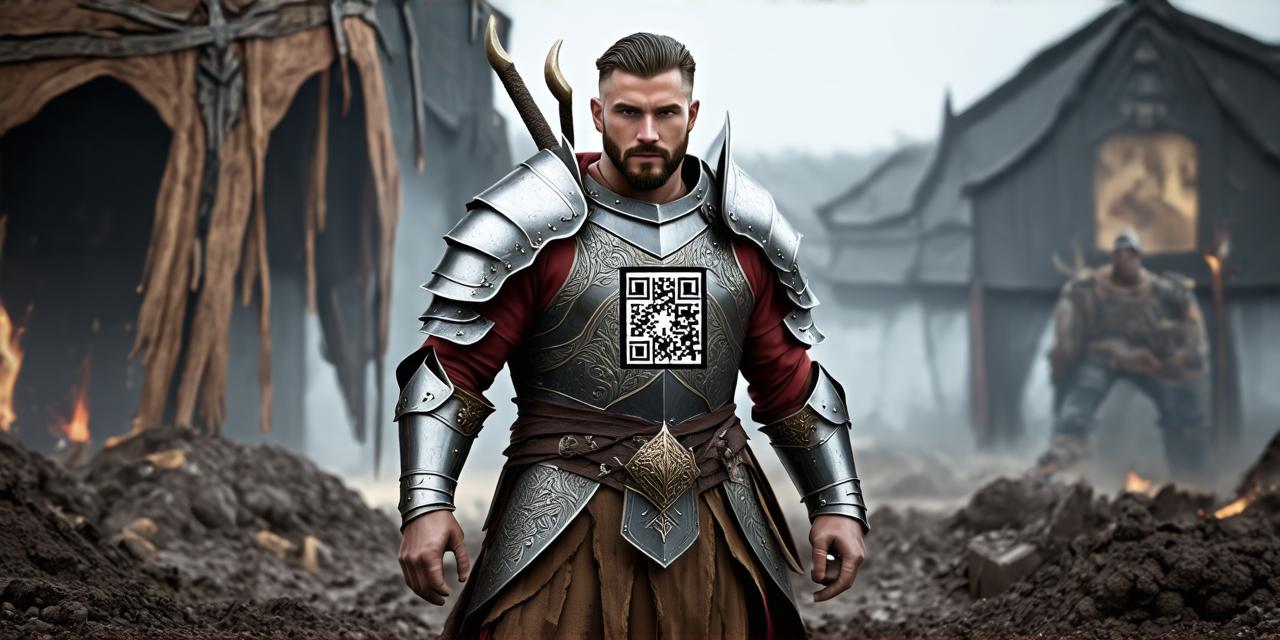Introduction
Non-Fungible Tokens (NFTs) have taken the digital world by storm, bringing new possibilities and opportunities for creators, collectors, and investors alike. NFTs are unique digital assets that use blockchain technology to secure their ownership, authenticity, and rarity. This article will explore the relationship between NFTs and blockchain and how this combination is driving innovation in various industries.
What Are NFTs?
NFTs are unique digital assets that can represent anything from art and collectibles to video game items and real estate. They use blockchain technology to store information about ownership, authenticity, and rarity, creating a one-of-a-kind digital asset that cannot be replaced or exchanged for another item of equal value. NFTs are stored on the blockchain as tokens, with each token representing a unique digital asset.
NFTs use smart contracts to manage ownership, authenticity, and rarity. Smart contracts are self-executing contracts written in code that automatically execute when certain conditions are met. This automation eliminates intermediaries, making NFT transactions faster and more secure. Additionally, NFTs can be bought, sold, and traded on various marketplaces, creating new opportunities for creators, collectors, and investors.
The Relationship between NFTs and Blockchain
NFTs rely heavily on blockchain technology to store information about ownership, authenticity, and rarity. The blockchain provides a secure and decentralized platform for NFT transactions, eliminating intermediaries and ensuring that the assets are unique and cannot be tampered with. The blockchain also enables NFTs to be traded globally, making them accessible to anyone with an internet connection.
The use of blockchain technology in NFTs provides several benefits, including:
1.
Authenticity and Uniqueness: Blockchain stores information about the ownership and authenticity of NFTs, ensuring that they are unique and cannot be replicated or exchanged for another item of equal value.
2. Decentralization: The use of blockchain technology ensures that NFT transactions are decentralized, eliminating intermediaries and creating a more secure and transparent platform for NFT transactions.
3. Traceability: Blockchain provides a detailed record of NFT ownership and transactions, making it easy to track the movement of assets and ensure that they are not lost or stolen.
4. Accessibility: Blockchain technology enables NFTs to be traded globally, making them accessible to anyone with an internet connection, regardless of geographic location.
NFTs in Various Industries
NFTs have the potential to disrupt various industries, including art, collectibles, gaming, real estate, and more. Here are some examples of how NFTs are being used in these industries:
Art Industry
The art industry has been one of the first to embrace NFTs, with many artists using them to monetize their work and create new revenue streams. NFTs provide artists with a unique way to sell their artwork, allowing them to set a fixed price for each piece or auction it off to the highest bidder. Additionally, NFTs provide artists with a way to track ownership and royalties, ensuring that they receive payment for their work even after it has been sold.
Collectibles Industry
The collectibles industry has also embraced NFTs, with many rare and valuable items being sold as NFTs on various marketplaces. NFTs provide a unique way to authenticate and monetize collectible items, ensuring that they are not counterfeited or stolen. Additionally, NFTs provide collectors with a way to track ownership and provenance, providing them with peace of mind and increasing the value of their collections.
Gaming Industry

The gaming industry has also embraced NFTs, with many games using them to create unique in-game items that can be bought, sold, and traded. NFTs provide gamers with a way to own and monetize their in-game assets, allowing them to create new revenue streams and increase the value of their collections. Additionally, NFTs provide game developers with a way to create unique and valuable in-game assets that can be used to generate revenue through sales and licensing.
bekan
